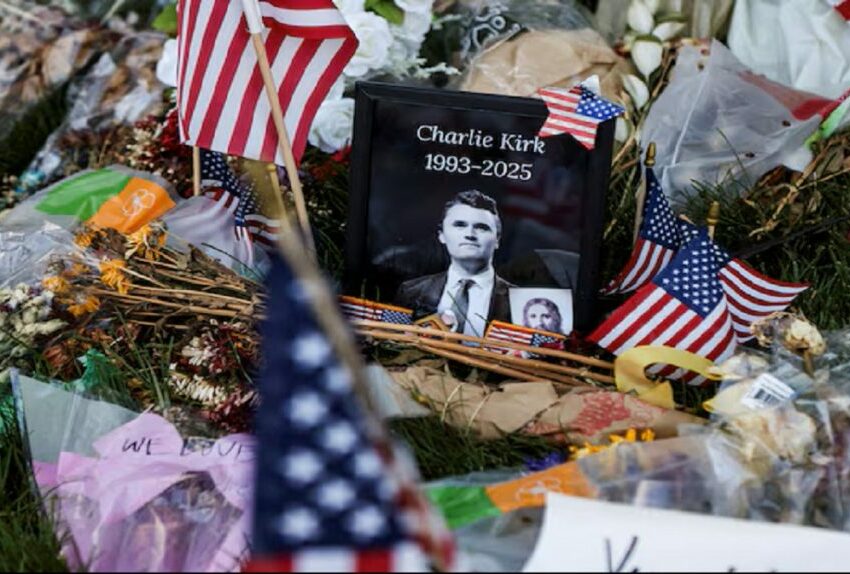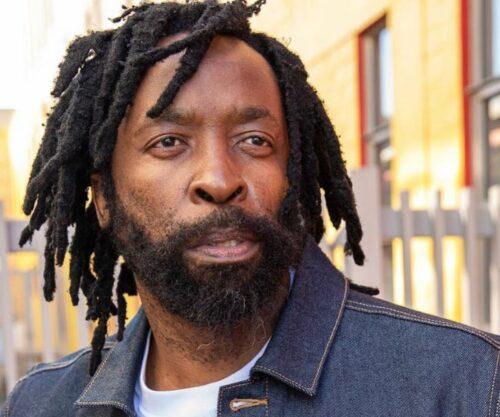
A Sudden Shift in Acceptability
In mid-October 2025, the U.S. State Department quietly revoked visas belonging to six foreign nationals—some from South Africa—after they made social media comments about the recent assassination of conservative commentator Charlie Kirk. The move sent shockwaves through social media and diplomatic circles alike, raising fresh questions about global free speech, online conduct, and consequences.
What Exactly Happened
According to official U.S. statements, the visa cancellations were due to posts that “praised, celebrated, or made light of” Kirk’s death. Among the affected were South Africans whose identities were not publicly named. Their inclusion was confirmed when the U.S. released screenshots of social media accounts with critical or mocking commentary.
The State Department framed it in stark terms: “The United States has no obligation to host foreigners who wish death on Americans.” In the same thread, it said consular officials would continue monitoring social media for similar behaviour.
A Cautionary Principle or Overreach?
Whether one supports the action or not depends heavily on perspective. On one hand, from the American side, the message is clear: derogatory or celebratory comments about violent acts, especially against citizens, will carry diplomatic consequences. On the other hand, critics argue this sets a dangerous precedent—revoking rights not for actions, but for speech.
South Africans watching the story react with a mix of disbelief, anger, and unease. Some say this is fearmongering. Others cite it as proof that digital footprints are never private—especially when crossing borders.
Why the Timing Adds Layers
This episode comes during a time when social media speech is under extreme scrutiny. The U.S. government has already expanded vetting of visa applicants’ online presence. Tweets, posts, and comments can now be examined retroactively as grounds for refusal or revocation.
What’s more, critics see a double standard: how will this policy apply across the board—equally to all nations—rather than targeting dissent or politically awkward voices?
Diplomatic Ripples Back Home
In South Africa, the story has sparked debate. Should citizens be held accountable for political speech abroad? What happens if someone’s visa is cancelled while they’re already in the U.S.? Who reviews the decisions?
While no formal response from the South African government had been published at the time, online discourse ranged from outraged “this is absurd” to resigned “be careful what you post” commentary.
When Speech Crosses Into Sanctions
There’s an old saying: “Words can’t hurt me.” This visa revocation episode challenges that notion. In 2025, in our globally connected world, speech lives in public records and behind state borders alike.
If you ever plan to travel, comment publicly on politics, or share your thoughts online—especially about sensitive events—this moment serves as a stark reminder: in some contexts, your words may cost more than you think.
Source: Briefly News
Featured Image: Channel Africa




